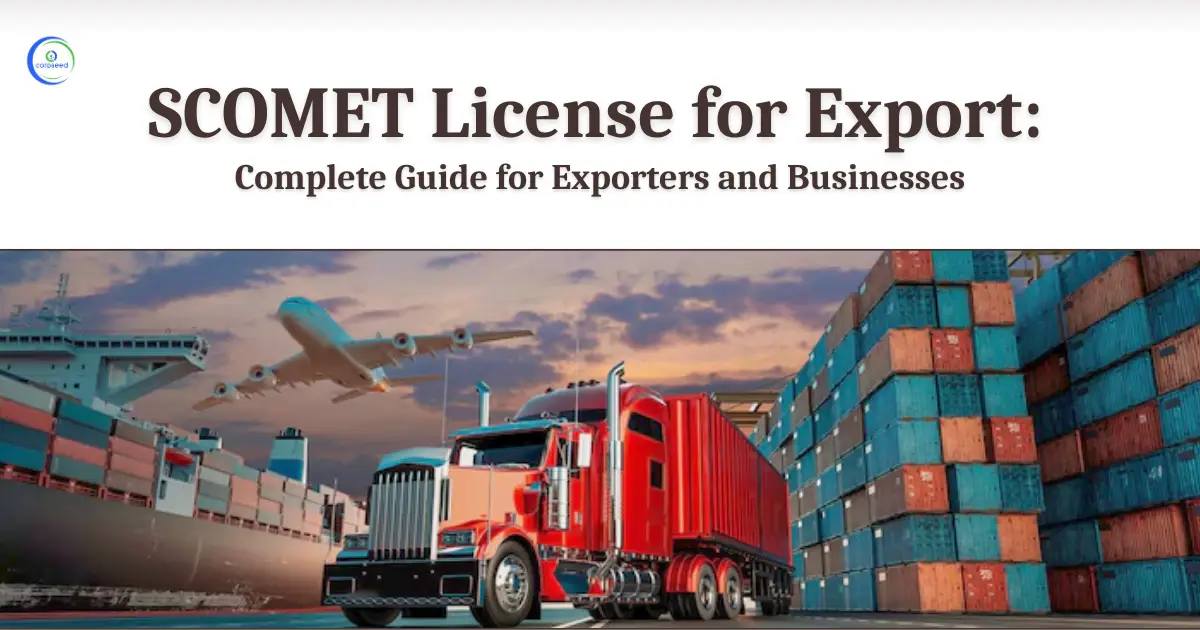Maritime safety is a top priority for coastal countries like India, where shipping plays a crucial role in trade and logistics. In this context, the Marine Aids to Navigation (Training and Certification) Rules, 2025 have been introduced by the Government of India to bring standardized training and certification protocols for navigation personnel. These rules, enacted under the Marine Aids to Navigation Act, 2021, are poised to revolutionize the capabilities and governance around marine navigational aids and traffic services.
Table of Contents
- Background and Legal Framework
- Key Definitions and Stakeholders
- Structured Training and Certification Protocols
- Importance for Industry Professionals and Exporters
- Accredited Training and Course Approvals
- Certification and International Recognition
- Record Keeping and Personnel Tracking
- Vessel Traffic Service (VTS) Log Book and Ongoing Monitoring
- Broader Implications for Maritime Training
- Conclusion
Background and Legal Framework
The Marine Aids to Navigation (Training and Certification) Rules, 2025 was notified by the Government of India after a public consultation phase, where no objections or suggestions were raised. The rules originate their authority from sections 19 and 46 of the Marine Aids to Navigation Act 2021. These apply in accordance with the date of their publication in the Official Gazette.
These rules underline standard procedures for the training and certification of personnel accountable for administering maritime aids to navigation and vessel traffic services. The objective is clear: to improve the safety, efficiency and reliability of maritime operations in Indian waters. By establishing structured protocols, the rules aim to exclude ambiguity and encourage technical expertise in the roles of maritime navigation.
Key Definitions and Stakeholders
Understanding the rules starts with clarifying the key characters and conditions. These definitions help identify the key players and accountabilities in India’s maritime training framework:
- Aids to Navigation Personnel: Individuals trained and certified in the operation and maintenance of marine equipment such as buoys, beacons and lighthouses.
- Vessel Traffic Service Personnel: Certified professionals managing maritime traffic to confirm safety and avoid collisions.
- Marine Navigation Training Institute: Basic recognized training institute located in Kolkata, which has achieved the task of conducting and certifying Maritime Navigation Training.
--------------Blog Contact Form-------------
Structured Training and Certification Protocols
An important aspect of the new structure is the mandatory verification of all aid for navigation and vessel traffic service personnel. These rules ensure that only qualified and properly trained individuals manage such serious operations. Following is how the system works:
- Training Completion: Candidates should enrol in courses conducted by recognized organizations. This training module are made in accordance with international standards set by the International Organization for Marine Aids to Navigation.
- Certificate Issuance: After completing the training, candidates will have to pass an exam. Certificates are issued only on meeting the minimum qualification standards prescribed by the Director General.
- Exclusive Deployment: Once authenticated, only these professionals are authorized to run and maintain navigation stations or manage vessel traffic service centres.
Importance for Industry Professionals and Exporters
Industries operating in and around maritime areas rely deeply on safe and effectual navigation systems. The Marine Aids to Navigation (Training and Certification) Rules, 2025 provides a strong framework that supports smooth operations and improved safety. These regulations directly benefit numerous key sectors:
- Port Authorities: Ensure safe movement of vessels within ports, minimizing accidents and operational postponements.
- Shipping and Logistics Companies: Benefit from foreseeable and safe navigation channels, optimize delivery timelines.
- Offshore Energy Operators: Rely on certified personnel to maintain navigational aids that safeguard offshore installations and ships.
- Seafood Exporters: Take advantage of timely and safe transportation routes, which are necessary to maintain product quality and meet export deadlines.
- Maritime Training Institutes: Improve the credibility of their curriculum through compliance with standardized certification processes.
- Marine Equipment Suppliers: Enjoy the high demand for certified, well-maintained navigational aids that ensure safety and performance.
Accredited Training and Course Approvals
To ensure consistency and quality of training, the government orders that all courses be reviewed and approved prior to implementation. The approval process includes:
- Submitting course proposals on behalf of recognized training organizations to the Director General.
- Conduct thorough examinations and reviews of training materials, instructors, and facilities.
- Issue certification of approval for each course, which is valid for five years.
- Share approval details with International Organization for Marine Aids to Navigation to encourage global transparency.
Certification and International Recognition
Under the new rules, certificates must be issued within seven days of successful completion of the course. Timely issuance helps prevent blockages in personnel deployment and helps in operational efficiency.
Another important aspect is the recognition of international certificates. If a training certificate is issued by any member state of the International Organization for Marine Aids to Navigation, and complies with its standards, India can recognize it by mutual arrangements. This will increase global employment of Indian certified professionals and promote international cooperation in maritime safety.
Record Keeping and Personnel Tracking
One more foundation of the Marine Aids to Navigation (Training and Certification) Rules, 2025 is the development of a central staff database. This system would be supervised by the Director General and includes:
- Full details of certified aids to navigation and vessel traffic service personnel
- Training milestones, certifications, and renewals
- Work experience and placements
- Submissions from both training institutes and employers
Vessel Traffic Service (VTS) Log Book and Ongoing Monitoring
- The Director General shall issue a log book to each vessel traffic service personnel through the accredited training organisation for maintaining a record of trainings and work experience of such personnel.
- The process for the issue of log book shall be as stated by the Director General from time to time.
- The entries in the log book relating to work experience of the vessel traffic service personnel shall be made by the vessel traffic service provider and such entry shall be made available to the Director General in such form and way as stated by the Director General from time to time.
Broader Implications for Maritime Training
The Marine Navigation Training Institute in Kolkata has been elected as the central center for providing training. However, as India’s maritime economy nurtures, additional training centres may be developed in coastal areas to fulfill the growing demand.
This delegation will offer broad access to career opportunities, empower local economies, and expand India’s capacity to provide internationally recognized navigation training. Developing such an ecosystem will strengthen India’s position as a regional leader in marine governance.
Additionally, exporters, including those with MPEDA registration, have benefited from developments in the maritime traffic system. Better training translates into fewer delays, safer routes, and more predictable shipping systems on time, all of which directly impact profit margins and customer satisfaction.
Conclusion
The Marine Aids to Navigation (Training and Certification) Rules, 2025 signifies an important breakthrough in strengthening India’s maritime safety and operational standards. By executing uniform training needs and authorizing certifications for all personnel associated with navigational auxiliary and vessel traffic services, the government will increase professional skills and competency within the maritime sector. The addition of international recognition and regular audits that training institutions maintain high quality standards, to align India with global best practices. This broad framework not only enhances safety and mitigates risks in busy coastal and port areas, but also enables smooth maritime trade and logistics operations. The centralized recordkeeping and monitoring systems introduced under these laws allow better management and operational monitoring of staff.
Overall, these initiatives contribute to constructing a robust maritime infrastructure, strengthening India’s role as a responsible and forward-looking maritime nation that is ready to meet domestic and international challenges.
This portion of the site is for informational purposes only. The content is not legal advice. The statements and opinions are the expression of author, not corpseed, and have not been evaluated by corpseed for accuracy, completeness, or changes in the law.
BOOK A FREE CONSULTATION
Get help from an experienced legal adviser. Schedule your consultation at a time that works for you and it's absolutely FREE.
_Rules,_2025_Corpseed.webp)



_Corpseed.webp)




